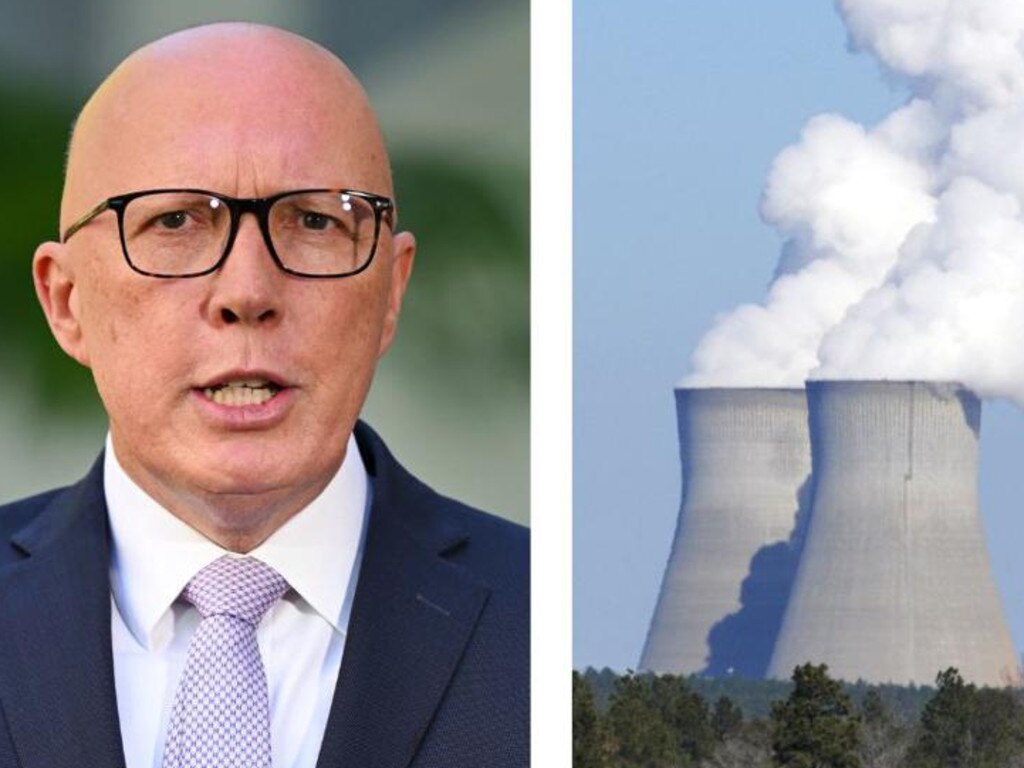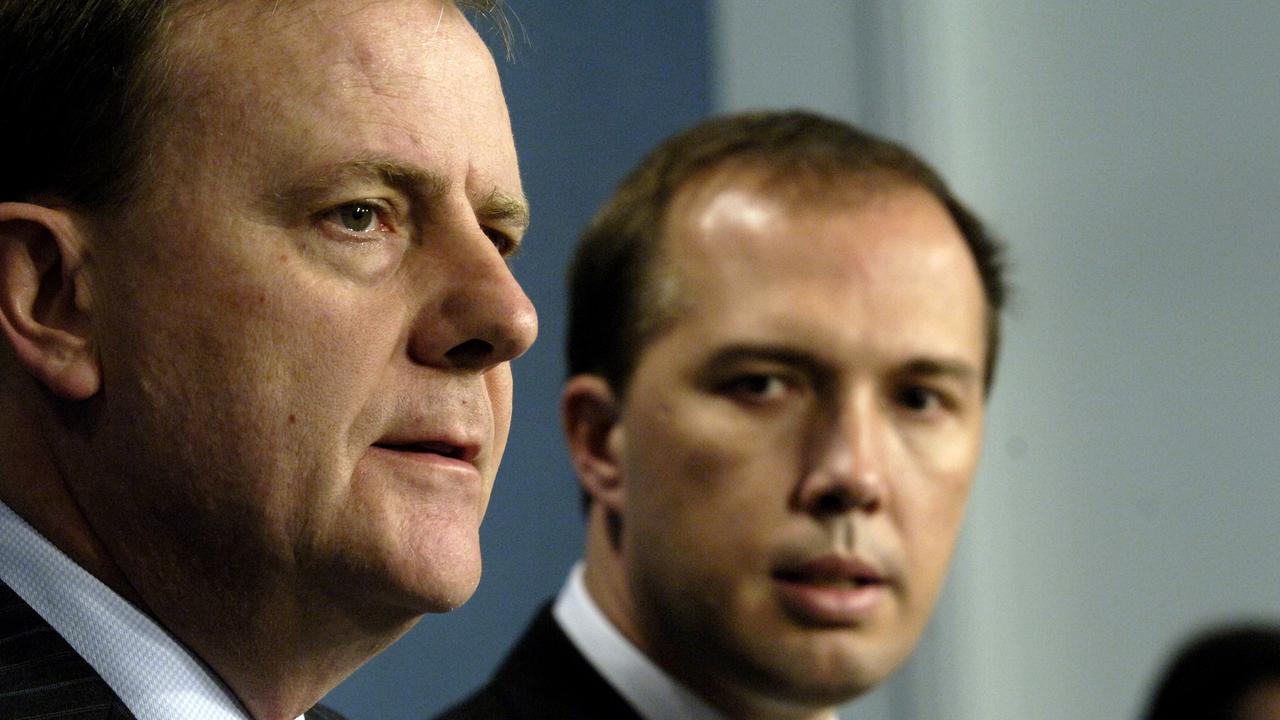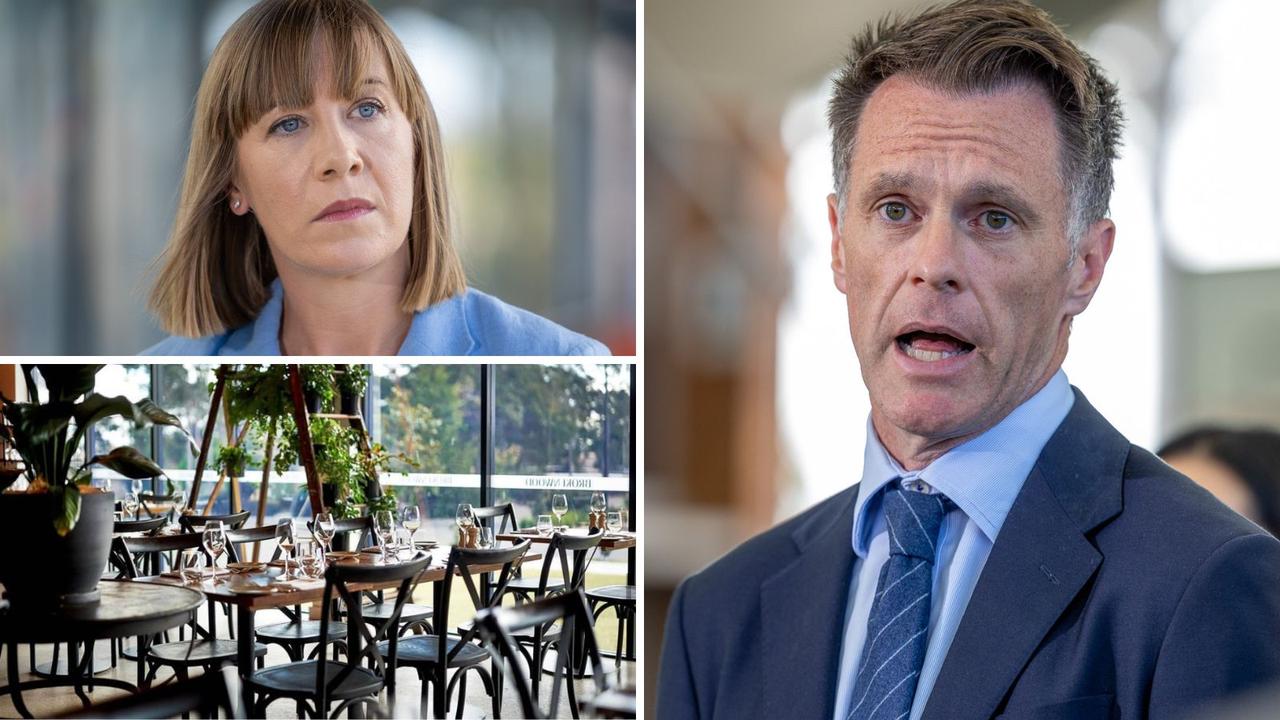Chris Bowen’s nuclear energy warning: ’Slippery assumptions and conscious mistruths’
Chris Bowen has warned that the Coalition’s nuclear plan will force large industries out of Australia and blow up rooftop solar by forcing nuclear energy into the grid.
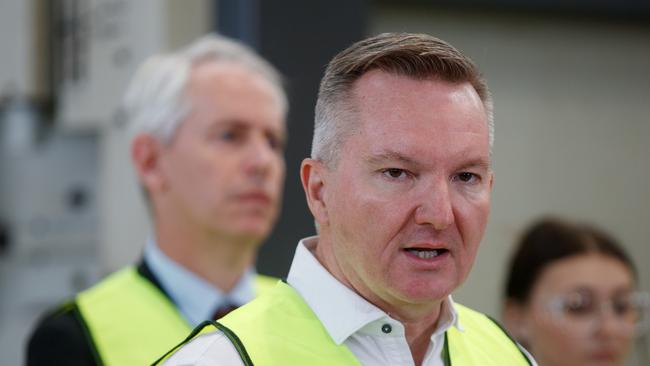
Climate Change and Energy Minister Chris Bowen says the Coalition’s energy plan assumes large industries including aluminium smelting will cease operating and warned that forcing nuclear power into the grid will blow up rooftop solar.
Writing in The Australian, Mr Bowen accused opposition climate change and energy spokesman Ted O’Brien of “cooking his own goose” by undermining rooftop solar, which is installed at one in three homes across the country.
A week after Peter Dutton announced the Coalition’s $331bn energy plan, underpinned by up to seven nuclear power plants, Mr Bowen took aim at the Opposition Leader’s modelling based on Frontier Economics analysis. “On the one hand, (Mr O’Brien) argues that nuclear is flexible and ‘load following’, meaning it can be turned down or off for much of the time and therefore works perfectly with, not against, renewables,” Mr Bowen writes.
“On the other hand, he argues costings for nuclear energy should be based on very high capacity factors, that is, nuclear should be regarded as almost always on. Both these assertions can’t be true. You can argue that nuclear is flexible or you can argue it will almost always be on, but you can’t argue both.
“This week, the nuclear report costs author Danny Price (Frontier Economics managing director) admitted … that his modelling is premised on nuclear power being forced into the grid, and forcing solar out.”
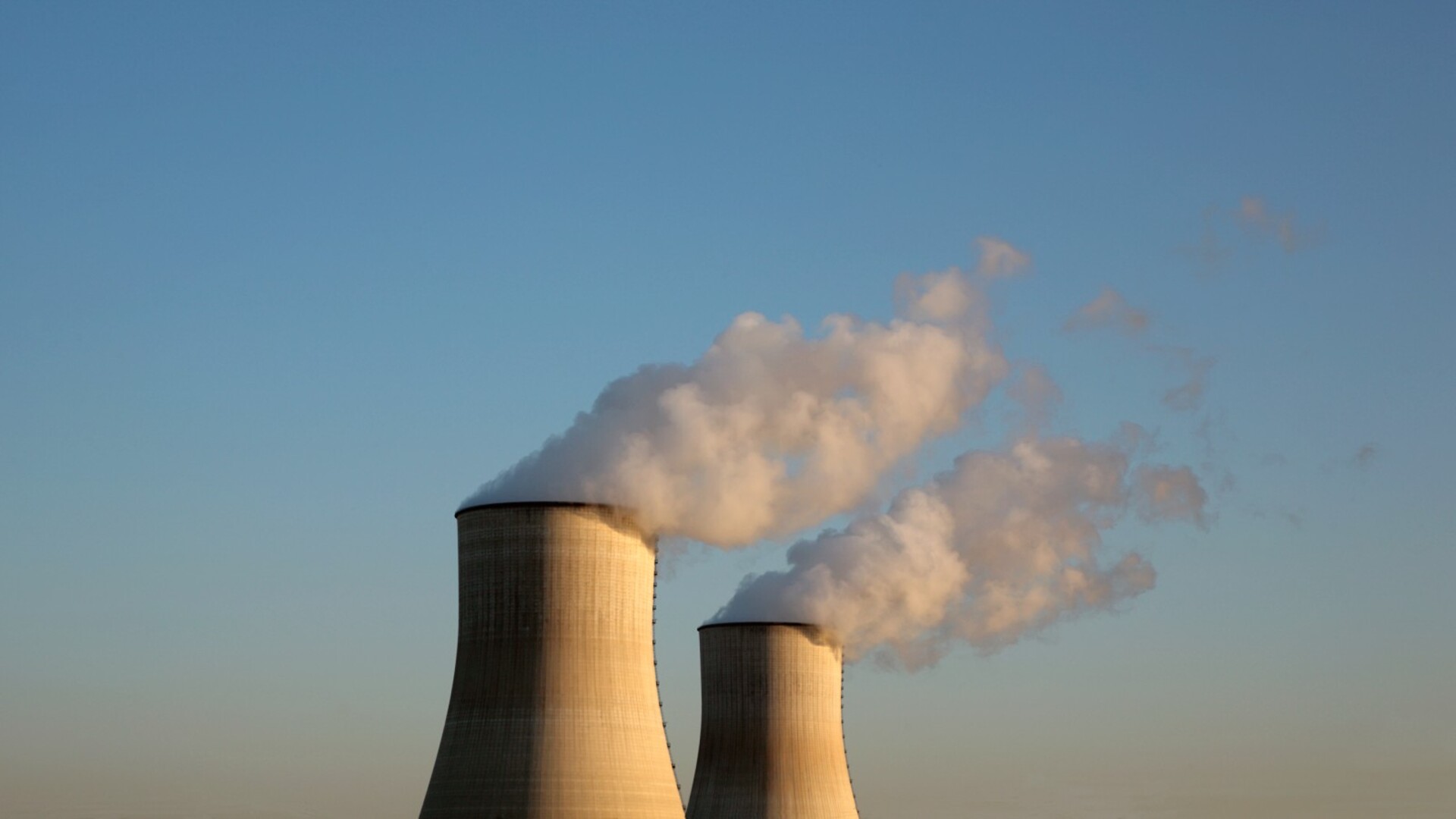
In his announcement last week, Mr Dutton said his nuclear-powered plan would be $263bn cheaper than Labor’s renewables-focused transition.
Under the Coalition, 65 per cent of ageing coal-fired power stations would remain operating until nuclear generation comes online from 2036.
Mr Dutton’s vision is to build, own and operate up to seven nuclear plants at decommissioned coal-fired power station sites in five states, including two small modular reactors and five larger power stations.
Leading Labor’s attacks on Mr Dutton’s net-zero emissions by 2050 blueprint, Mr Bowen framed nuclear as a key election fight that would have “high stakes” for Australia.
“The Parliamentary Budget Office was designed to give oppositions access to high quality and rigorous costing resources. That the alternative government has gone down an alternative road of slippery assumptions and conscious mistruths is one the Australian people are entitled to hold them to account for,” he writes.
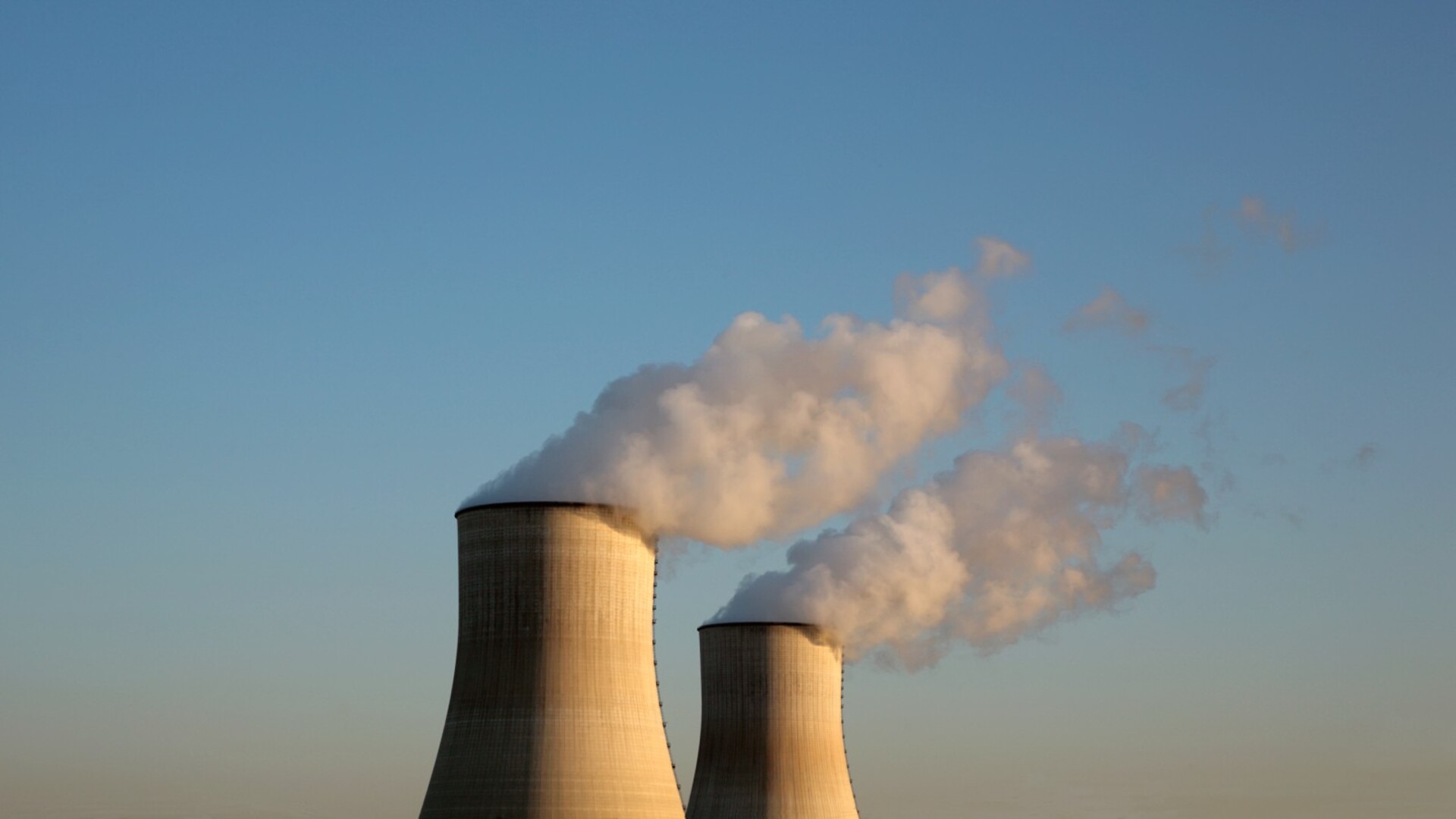
Mr Bowen, who has highlighted “three fatal flaws” with the nuclear modelling including assumptions that costs would be lower because Australians would use less power and that there was “no need to build transmission to get power into homes”, has attacked Coalition claims their nuclear option would be 44 per cheaper and that lower costs would correlate with reduced power bills.
“Not in my wildest dreams did it occur to me that they would do it by forecasting an economy $300bn smaller than what the government’s plan is based on in 2050,” he wrote.
Mr Bowen said the Liberals were proposing to “sign the taxpayer up for every dollar of the spending they so egregiously underestimate”.


